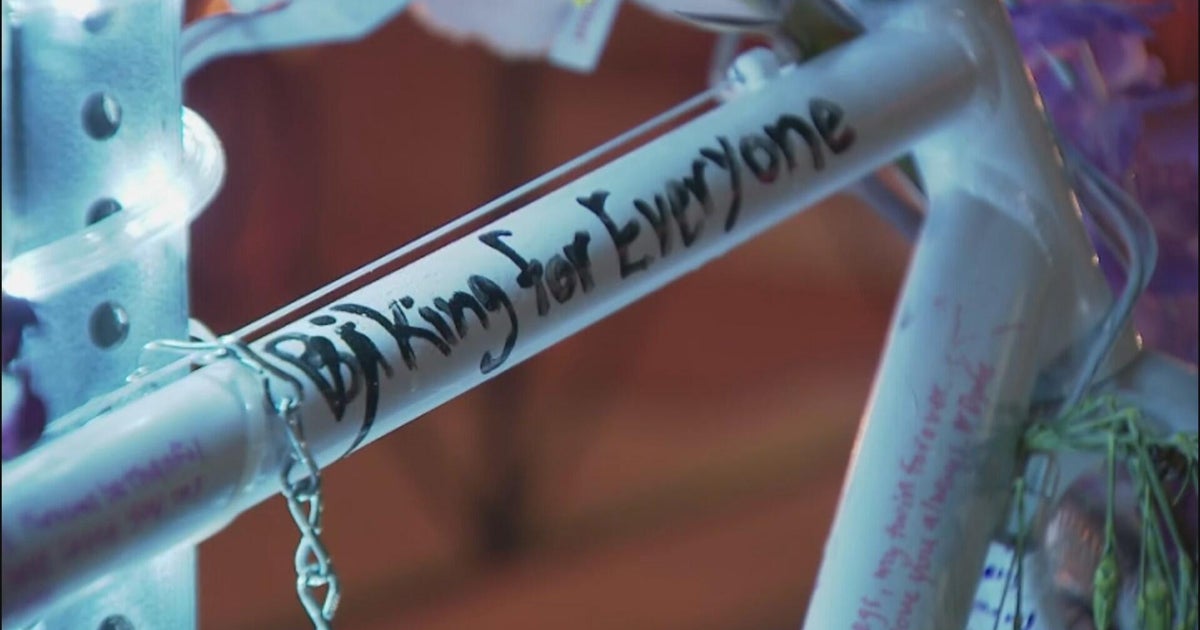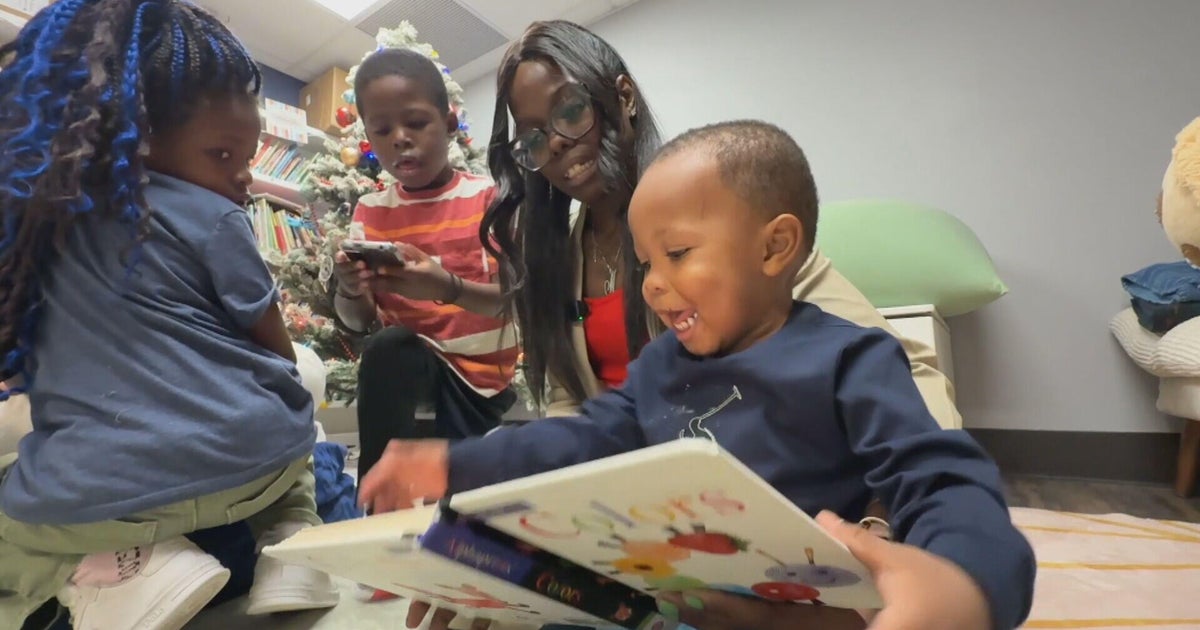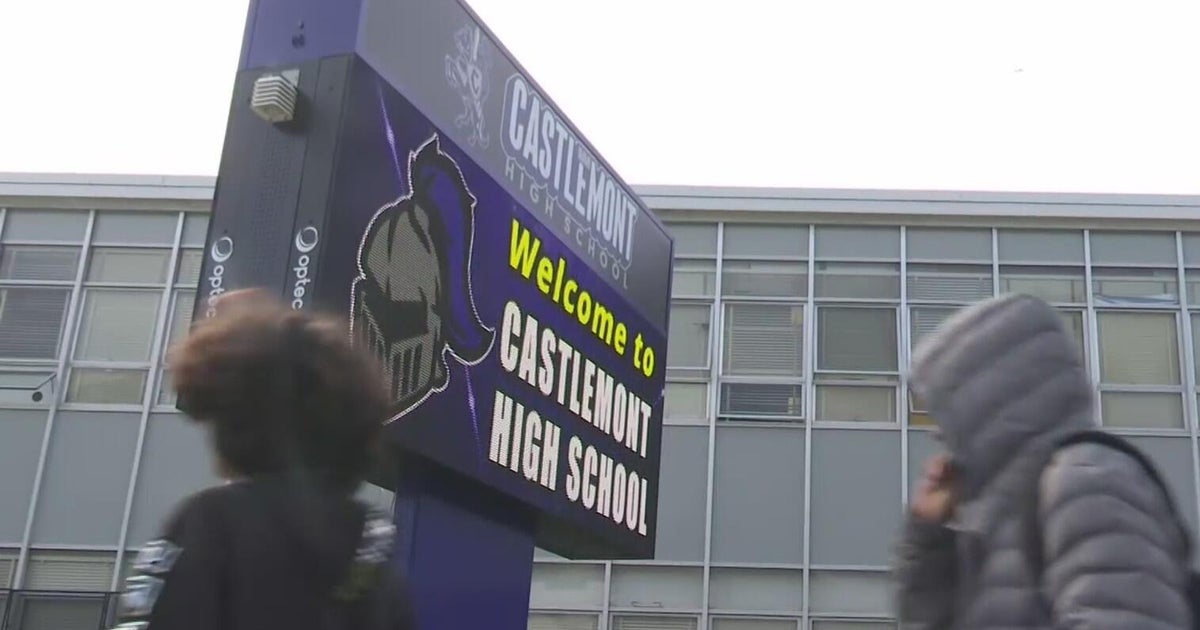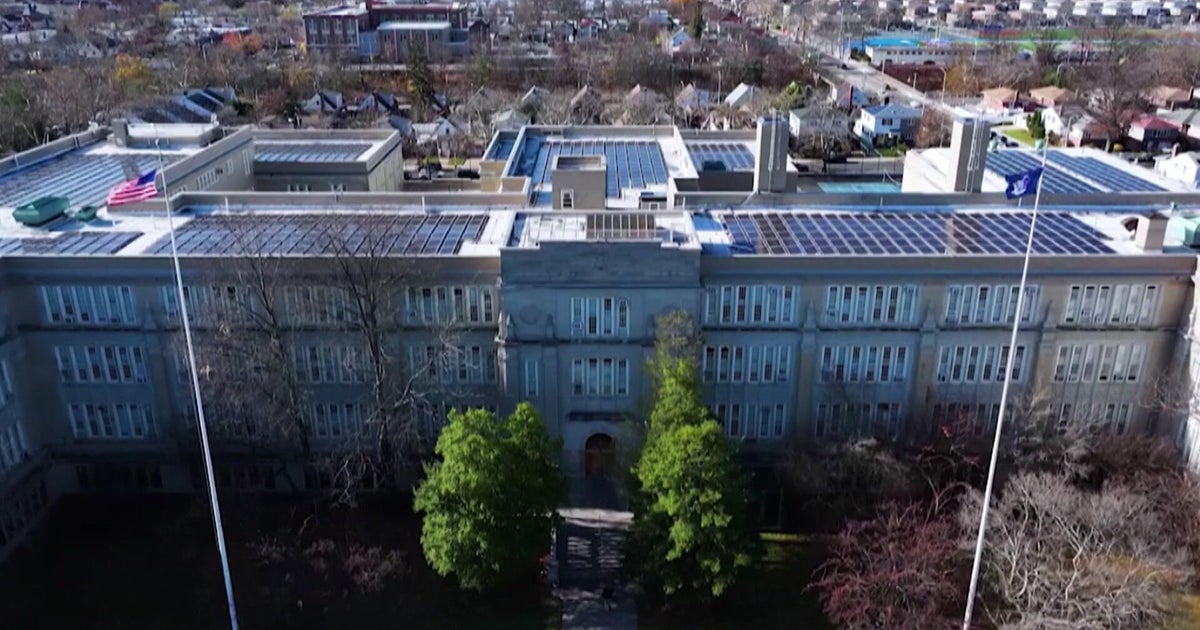'Do It Youself' Genetic Tests Create Challenge For Doctors
SAN FRANCISCO (CBS SF) -- Elena Flowers and her two daughters are in the middle of a science project.
The girls are making models of the famous DNA double helix out of pipe cleaner and beads. But mom, who is an assistant professor at UCSF's School of Nursing, is also in the middle of her own science project, involving DNA.
In this case, it's her DNA - - all roughly 6 billion bits of it.
"It was an adventure, it was an experience," said Flowers.
It began when she noticed a trend: an explosion of "do-it-yourself" genetic tests that you can order online without a doctor or genetic counselor's prescription. The market for such tests is growing and projected to reach more than $10 billion by 2024.
She wondered if her nursing students are prepared to help patients navigate the technology when patients come in, armed with their results.
"Direct-to-consumer genetic tests, and whole genome sequencing is about to be in their clinical practice," remarked Flowers.
So the professor took a leap to understand more and went online
"I thought what better way to prepare these providers for having patients come in with genetic test results than by going thru the experience myself," commented Flowers.
She applied for a grant, and got funded. She then chose to undergo whole genome sequencing.
"We just took a blood collection and sent it off to their lab," said Flowers.
The technique maps out a person's entire genome in detail, and detects what's unique or different about the person's DNA. Out of all the billions of bits of DNA, humans appear to be the same. But 3% of our DNA differs.
The idea: that those differences - or variants - may pinpoint our risk of disease, and predict our future health and well-being.
"We really can see the future," said Dr. Craig Venter, a pioneer human genome scientist.
Venter is founder of Human Longevity Inc. The company now offers the most comprehensive physical exam on the planet. Part of that exam includes whole genome sequencing.
"We sequence the entire genome, we sequence the microbiome, we sequence the chemicals in your blood." said Dr. Venter.
Venter explained the exam, called Health Nucleus, is focused on detecting problems before they manifest and become malignant. And knowing your DNA is key.
"We want to find things early when they are treatable and preventable," he said.
Venter's company plans to sequence a 100,000 genomes a year, and is building the world's largest health database.
Powerful machine learning computers scour the data in seconds or minutes. DNA data is compared to all the other sophisticated imaging results and lab tests that are done with Health Nucleus protocol.
"A human being can't do that on their own they need the aid of a computer and machine learning just helps that process go very smoothly," said Dr. David Heckerman, Chief Data Scientist for Human Longevity Inc.
Other companies also offer either genetic testing or whole genome sequencing.
Flowers used one of these services, and experienced firsthand what many patients feel.
"I was anxiously awaiting getting the results," said Flowers.
Her results found no known disease causing problems But even for this professor, the report was confusing
"Diseases are complex. very single disease is complex," noted Flowers. Not only that, but there is so much left that is unknown about our genome and disease-causing genes.
Flowers knows DNA plays a role in your health. But so too do lifestyle, environment, even socio-economic status.
Except for some very rare conditions, a positive genetic test may increase your risk of a condition. That doesn't mean you will develop the disease. Take for example, a positive test for a mutated BRCA gene.
"They tell us about the risk for disease, but they don't give us the diagnosis and they don't guarantee that a patient is going to develop a disease," said Flowers
Genetic testing may also hold implications for the rest of your biological family. If you test positive for a higher risk of serious condition, could you then pass it on to your children? Or might your siblings carry the mutation or higher risk as well?
"Now we are making decisions that may have implications for other family members without always understanding what those implications might be," commented Flowers.
It cost billions of dollars to map the first human genome. Now, thanks to technology, it costs as little as $1000. By the end of the year, one company vows to offer a $100 test.
UCSF SCHOOL OF NURSING
https://nursing.ucsf.edu/
HUMAN LONGEVITY INC
http://www.humanlongevity.com/
HEALTH NUCLEUS
https://www.healthnucleus.com/
WHOLE GENOME SEQUENCING
http://www.humanlongevity.com/products/hliq-whole-genome/







